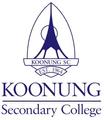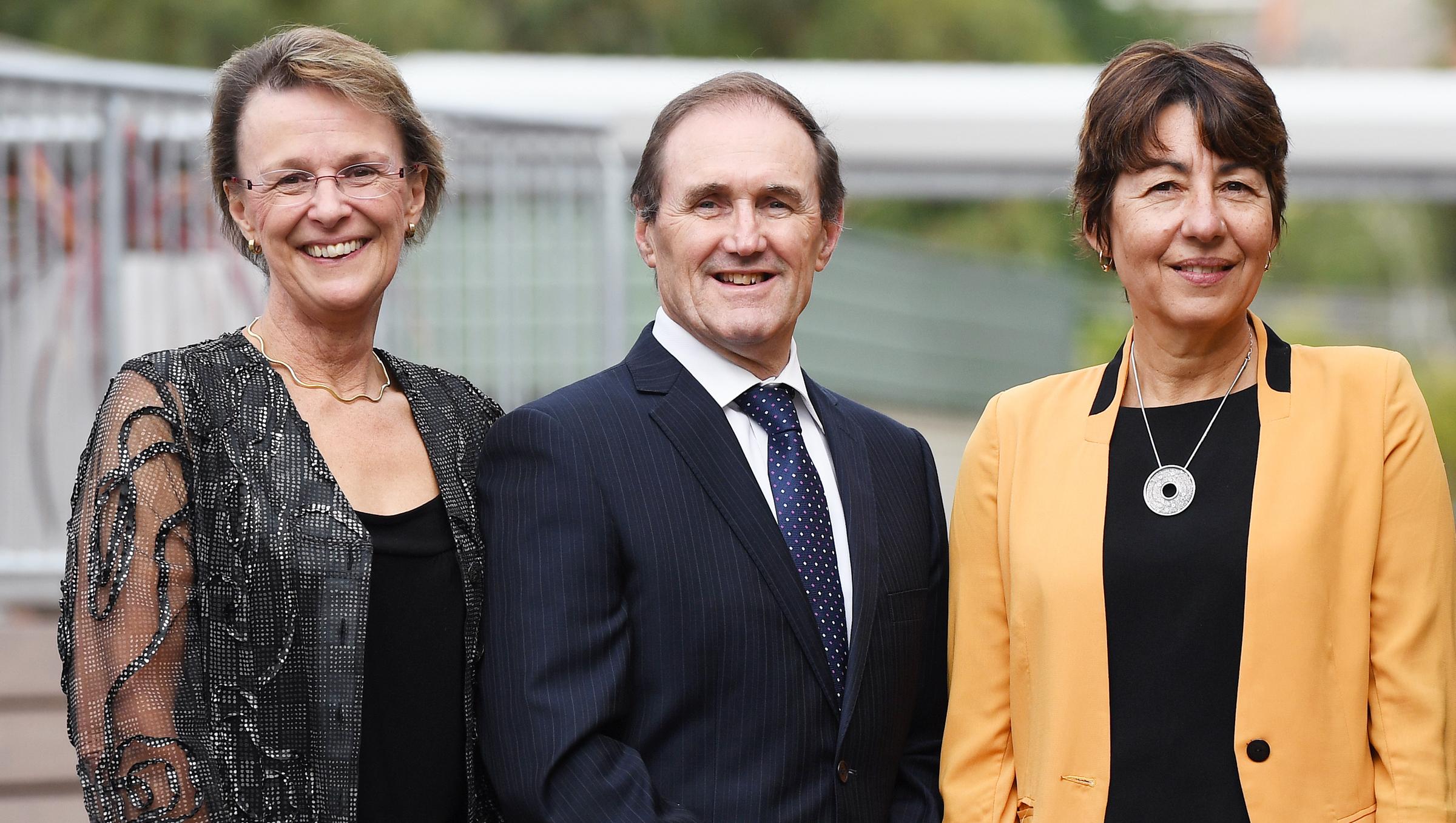Principals' Reports
Message from Sandra Greenhill, Assistant Principal
Every so often we come across a presenter who has it all, they share a message that inspires, educates, entertains and encourages self-reflection. Holly Ransom, the CEO of Emergent, is one such presenter. At a mere 28 years of age, Holly has the ability to challenge a room full of school principals and assistant principals to reflect on and dissect our attitudes to educating the millennials.
Holly’s presentation last week challenged us, as leaders, to consider many aspects of our educational philosophy and curriculum. Key questions included: How do we structure programs to support and develop true collaboration? What strategies do we employ to ensure that diversity is valued and represented at all levels within our school communities? How do we support students to see who they are right now and who they want to be? What is the effect of the increased use of digital devices on students both in terms of decision making, attention span, empathy and personal identity? How can we help students to move from their “comfort zone” to their “challenge zone”, particularly when this involves pushing through their lines of resistance in the face of potential failure?
Poor communication and collaborative skills are often cited as the main reason for workplace failure. True collaboration requires everyone with different viewpoints to work together to decide on a common approach. We need to ensure that we have structures in place to support students to challenge each other and consider alternate viewpoints. Holly spoke of “Challenge and Consideration” “Light, not fight” and “Network & Influence” as key elements to effective collaboration. In summary, she challenged us to deliberately create opportunities for healthy debate at all levels. Where students are challenged to see another point of view which differs from their own in an open and accepting framework and where students see the value of developing a network that supports their own learning and influences their thinking. At Koonung this is a core part of our curriculum across all levels, but we still have work to do. Additional opportunities exist for our students to be involved in community projects, exchange programs, camps, leadership groups and external debating.
We pride ourselves on our cultural diversity at Koonung. Last week we celebrated with our Chinese and Vietnamese students and welcomed 2018 the “Year of the Dog”. Next week we welcome students from our sister school in France. In an earlier Principal’s report, Marianne shared a summary of our cultural diversity. In her presentation, Holly made an interesting claim. She indicated that research suggests that as individuals “we are the average of the five people that we spend most time around”. I challenge each of you to think about the five people that you spend most time around and ask yourself is it a diverse group or are you part of a monoculture which perpetuates how you operate as an individual? Ask your son/daughter about their friendship groups and challenge them to value diversity and support inclusive behaviours.
There are many opportunities to be involved at Koonung both as a student and a parent and it is important that we are proactive in seeking and supporting representation from all groups of our College community. Our College Council will soon be seeking nominations from both parents and students to be on the 2018/2019 College Council and we encourage all members of our community to be involved in this important decision making body. It is important that our College Council also reflects the diverse nature of our College population.
Holly spoke passionately about the importance of “Chutzpah” the dictionary describes it as extreme self-confidence or audacity. Holly likened it to the ability to know the difference between where you are right now and how you want to see yourself. She clearly articulated the value of a growth mindset in shaping the way people navigate that path. Holly shared considerable data around the effect that social media can have on a person’s chutzpah. She described the emotional toll that managing a social media identity can place on individuals. This is a challenge for our millennials and one that most people over the age of 30 have never experienced. As a school we frequently deal with the fallout from social media interactions and they can be both complex and challenging for all concerned. It is important that, where possible, we try to limit children’s access to social media and help them to separate their self-worth and identity from a social brand which is predicated on how many “likes” they receive.
Digital devices have been shown to have a dramatic effect on both the attention span of children and their decision making horizons. They seek instant rewards and return for effort. As a college our motto “excellence through endeavour” supports the view that we strive to ensure that students understand the importance of persistence and resilience. As parents and teachers we need to help our children to understand that mistakes are good and failure is not bad.
Another casualty of increased screen time is empathy. Statistics provided indicate that 74% of student interactions occur via a device. Can an emoji replace personal interactions? As a school we support students to be reflective and considerate of each other. We ask them to try to examine a situation through the lens of others, but this can be a challenge. Our Respectful Relationships program and our dialogue around the College values are key components of our focus on developing student empathy. This year we are excited to be involved, with our Year 10 cohort, in teenAid. This project aims to help students and staff develop skills to support each other in areas related to mental health and we believe this program will increase student capacity to understand the needs of others and provide them with strategies to assist each other.
Holly’s final message focused on how we support our students to push outside their “comfort zone” to their “challenge zone”. She spoke about the importance of identifying fears. Writing down what would be the worst case scenario. Identifying strategies that could be put in place to minimise those risks and then if the worst case happens, what could be done to minimise the impact? As parents and teachers it is our job to help our children to identify the elements that define their “line of resistance” to moving into their challenge zone and help them to work through those barriers.
I leave you with the following quote:
“The illiterate of the twenty first century will not be those who can not read and write, but those who can not learn, unlearn and relearn” (Alvin Toffler).
Holly was an excellent presenter with a powerful message. I encourage you to “Google” her and perhaps listen to some of her TED talks with your son or daughter. Have a conversation around what it is like to be a millennial and maintain open dialogue around the challenges that face our next generation, because they are quite different to the challenges that we faced!
You can hear Holly’s story on https://www.youtube.com/watch?v=ySraF_wdlkQ
Sandra Greenhill
Assistant Principal

